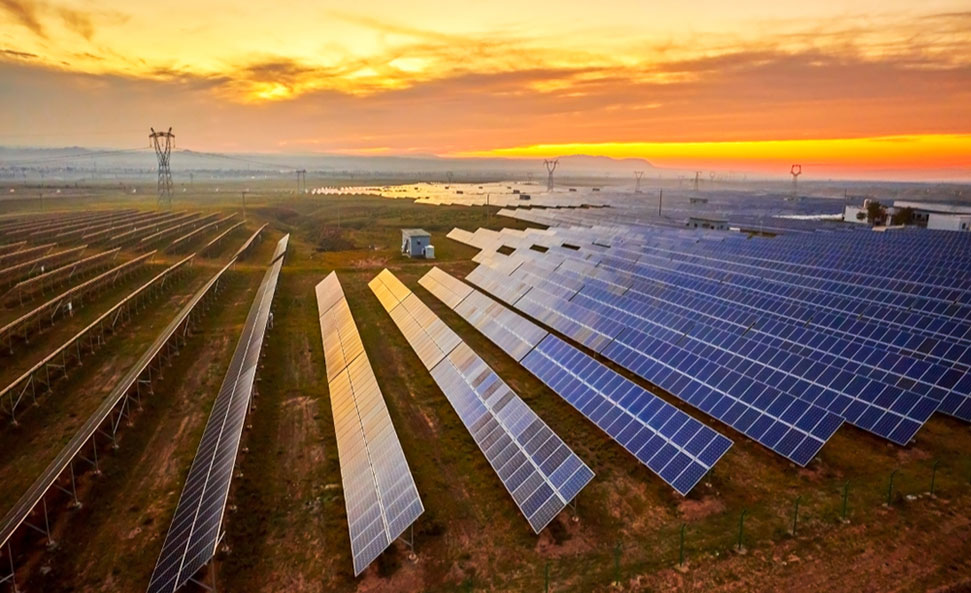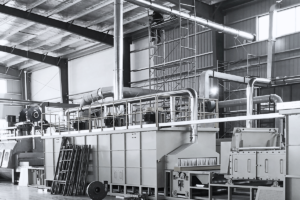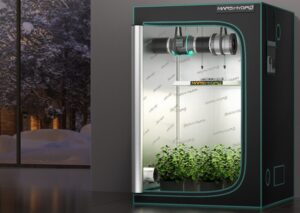
Solar energy is a clean, renewable source of power that doesn’t emit harmful particulates into the air. As a result, it is an excellent alternative to fossil fuels, which are the leading cause of climate change and pollution.
During manufacturing, solar panels produce significantly fewer emissions than traditional electricity fuel sources such as coal or natural gas.
They are made of earth-abundant materials.
Solar energy is a renewable, clean energy source that doesn’t emit harmful greenhouse gasses into the environment. It also reduces our dependency on oil, coal, and natural gas, the most significant contributors to global warming.
The materials used to make solar panels are primarily from the earth, and are sustainable. The cane can be recycled and reused at the end of its lifespan.
This helps to avoid the need for mining rare or non-renewable minerals that are often difficult to obtain. It’s significant to why solar power is so sustainable and will continue to be so for ms.
Another big reason why SOLAR PANELS are sustainable is that they require much less water for their manufacture and installation than other forms of energy production. For example, they use far less water than nuclear power plants.
There are several other ways solar panels can be sustainable, and one of the most important ones is their recycling process. This ensures that they can be disposed of properly at the end of their life so that they don’t cause any damage to the environment.
In addition to that, solar panels can help prevent the destruction of land and habitats by providing renewable electricity. This helps to avoid cutting down trees and using toxic chemicals to create fossil fuels and power factories.
They are recyclable
One of the most striking features of solar panels is their ability to be recycled. This isn’t a result of their unique materials but the recycling processes in place today.
The first step in the process is disassembly, which removes the aluminum framing and copper wiring inside a standard solar panel. These are then shredded into what’s known as a “glass cullet,” which is often sold as crushed glass or used as building materials.
Next, the silicon cells inside the sandwich are separated from the glass and polymers surrounding them. This can be accomplished using a hot steel blade. A patent pending chemical concoction developed by Tao’s recycling startup TG Companies are then used to extract silver, tin, copper, and lead from the cells, leaving behind silicon.
But even with the best processes and materials out of a solar panel. S is not that some materials, like aluminum frames and copper wiring, are hard to recover.
For this reason, most recyclers don’t accept them.
Some firms, including We Recycle Solar in California, take them to their facilities and separate the glass from the metals. The metals go to a refinery, and the glass goes to a processor, which melts it down into semiconductors. The semiconductors are reused in future solar applications.
They are environmentally friendly.
Solar energy is a clean, renewable source of energy that does not require the use of finite resources like fossil fuels. It helps to preserve the earth’s natural resources while reducing carbon emissions and air pollution.
A study has found that using solar energy instead of fossil fuels can significantly reduce a person’s carbon footprint and help protect the planet from climate change. This is because solar power does not produce any greenhouse gases, which contribute to the warming of the earth’s climate.
The solar panels that power the earth are based on an electric current that is generated when photons of sunlight hit silicon wafers. The photons knock electrons off the boron and phosphorus layers, which create an electrical charge.
However, solar cells also contain many chemicals that are harmful to the environment. These include copper indium selenide, cadmium gallium selenide, and hexafluoroethane.
When the solar cells degrade, they can contaminate the soil and groundwater. This is why it’s essential to dispose of solar panels safely and responsibly.
One way to dispose of solar panels sustainably is by recycling them. Some companies, such as ROSI Solar, extract used panels and silver and silicon for use in new solar devices.
Another way to ensure that solar panels are environmentally friendly is by choosing green companies committed to producing environmentally friendly products. For example, BioSolar is working to replace petroleum-based polymers with sustainable alternatives.
They are cost-effective
Solar panels are a relatively inexpensive way to cut your energy bill and save the planet. The average annual solar cost savings on your power bill alone is worth it, not to mention the environmental savings. They also provide significant tax incentives and rebates. However, prices vary from state to state due to local quoting trends and system size differences.
The main types of solar panels include monocrystalline, polycrystalline, and thin film. Monocrystalline solar panels are the most efficient and have a higher price point because of their complex construction, while polycrystalline panels are cheaper. Thin-film panels are made from a layer of copper, indium, gallium, and selenium deposited on a glass or plastic backing.
Aside from its environmental benefits, solar power has several other advantages that make it an attractive alternative to traditional fuel sources like coal and oil. Fossil fuels are expensive to transport, produce a lot of pollution, and can impact our health for years to come.
One other benefit of solar is that it requires minimal energy. As a result, it can be used to power homes, businesses, and even farms, making it the ideal renewable source of electricity.
It may take a while for solar to pay for itself, but it can be a worthwhile investment in the long run. Studies estimate that the financial payback for solar panels is nearly complete after five to nine years. This results from energy savings, tax breaks, incentives, and solar panel systems that can generate enough electricity to sell back to the utility company.







